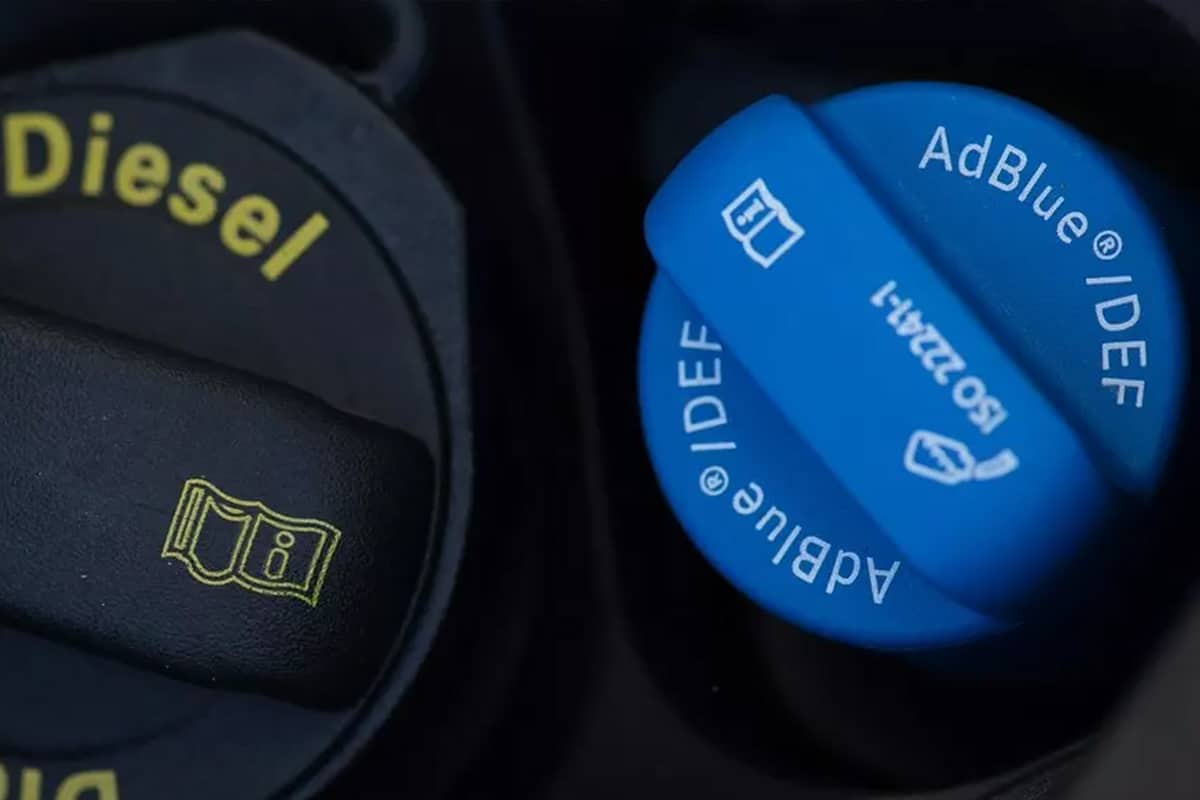In today’s digital world, navigation has become an essential tool for drivers. Leaving paper maps behind, the actual debate is about using dedicated global positioning system (GPS) devices or smartphone navigation apps. Each option offers advantages and drawbacks — understanding these can help you make an informed choice that best suits your driving needs.
The Evolution of Navigation Technology and GNSS
Navigation technology has come a long way from paper maps and printed directions. Now, it’s completely normal to use your smartphone apps such as Google Maps — which gathers more than 1.8 billion monthly average users — Waze and TomTom GO. Moreover, you can choose other high-level GPS devices to improve your driving experience.
But what really revolutionized this sector is the Global Navigation Satellite Systems (GNSS), such as GPS, GLONASS, Galileo and Beidou. They have revolutionized navigation by offering precise location and time information, essential for both GPS devices and smartphone navigation apps. While both work the same core purpose, their functionality and benefits differ.
Advantages of Smartphone Navigation
Smartphone apps are also great alternatives for navigation. They offer benefits and also challenges.
Updates
Apps like these are frequently updated, offering real-time traffic data, road closures and alternative route suggestions. This immediacy guarantees drivers have access to the most current information, potentially reducing travel time and avoiding unforeseen delays.
Integration of Navigation Apps
The integration of navigation apps with other smartphone functionalities can also improve the overall driving experience. Features like voice commands, music streaming and hands-free calling can be easily combined, offering a multifaceted tool within a single device.
Resolution
Most smartphones have higher-resolution screens, which can display maps and directions with greater clarity. The result is sharper images and a more detailed view of routes, improving readability.
Moreover, there are continuous innovative navigation assistant solutions, like ultrasonic sensors and light detection and ranging (LiDAR) for obstacle detection and real-time feedback. This empowers visually impaired individuals to increase their independence by having safe access to their surroundings.
Cost and Accessibility
Many navigation apps are free or available at low-cost subscriptions, making them more accessible. This makes it more cost-effective than purchasing a separate GPS device.
Advantages of Dedicated GPS Devices
Dedicated GPS devices are specifically designed for in-vehicle navigation and offer several key benefits:
Reduction of Distractions
Statistics on traffic accidents show that 80% to 90% of traffic incidents are caused by drivers’ operational mistakes, errors, inattention and distraction — among others. With a dedicated GPS, your smartphone remains out of range, minimizing the temptation to distract yourself by making calls, using apps or messaging while driving and contributing to a safer driving experience. Additionally, many GPS units have simple and user-friendly interfaces designed to operate with minimal input while driving.
Reliability
These devices often come with preloaded maps and do not rely on cellular signals, making sure that they can work in areas with poor mobile reception. This is particularly useful for long trips through rural or remote regions where mobile service may be inconsistent. Unlike smartphones — which may struggle in low-signal areas — GPS devices offer continuous instructions without interruptions.
Tailored Features
As companies design GPS with drivers in mind, it features larger screens, audible try-by-turn directions and real-time traffic updates. Some models also offer additional features such as lane guidance, speed limit alerts and points of interest databases. This is especially useful for locations like petrol destinations, restaurants and rest shops.
No Dependence on Mobile Data
Dedicated GPS devices do not require mobile data, meaning you won’t find extra chargers from using navigation services on your phone. It is especially interesting if you travel abroad, as roaming fees can quickly add up when relying on smartphone-based navigation.
How to Make a Final Decision
When deciding between GPS and smartphone navigation, consider your specific needs. If you often drive through remote or rural areas with weak mobile signals, a dedicated GPS may be the better choice due to its reliability. If you are mostly driving in cities, smartphone apps offer real-time updates and easy integration with other functionalities, making them a strong option.
Additionally, if you prefer to keep your smartphone free from distractions, a stand-alone GPS can offer focused navigation without the temptation of other apps. Lastly, regarding budget, if you already own a smartphone, it is obviously the most cost-effective solution. However, if you prioritise reliability and offline access, investing in a GPS device could be worthwhile.
Ultimately, the best navigation tool is the one that meets your needs and improves your overall driving experience.



